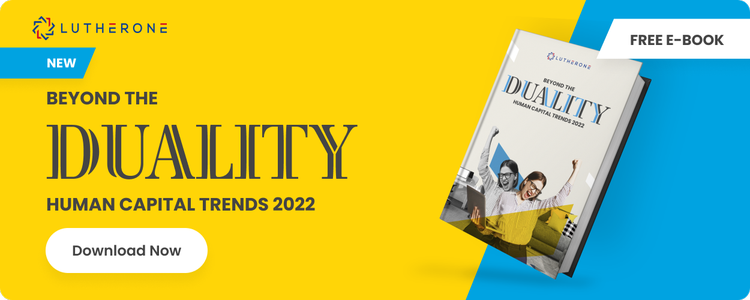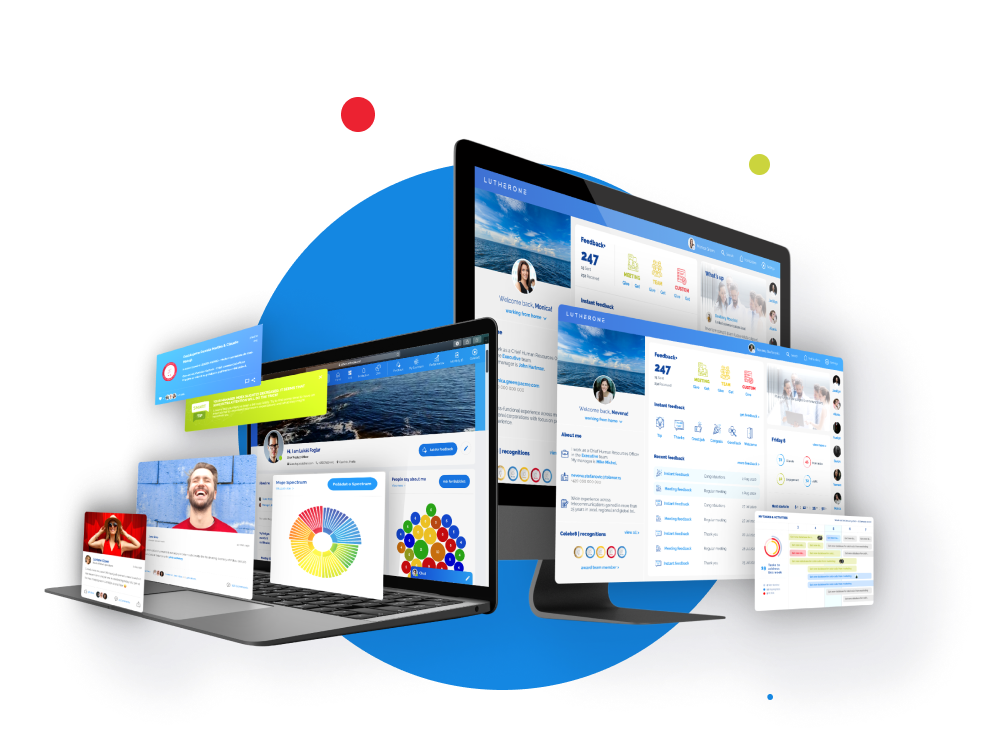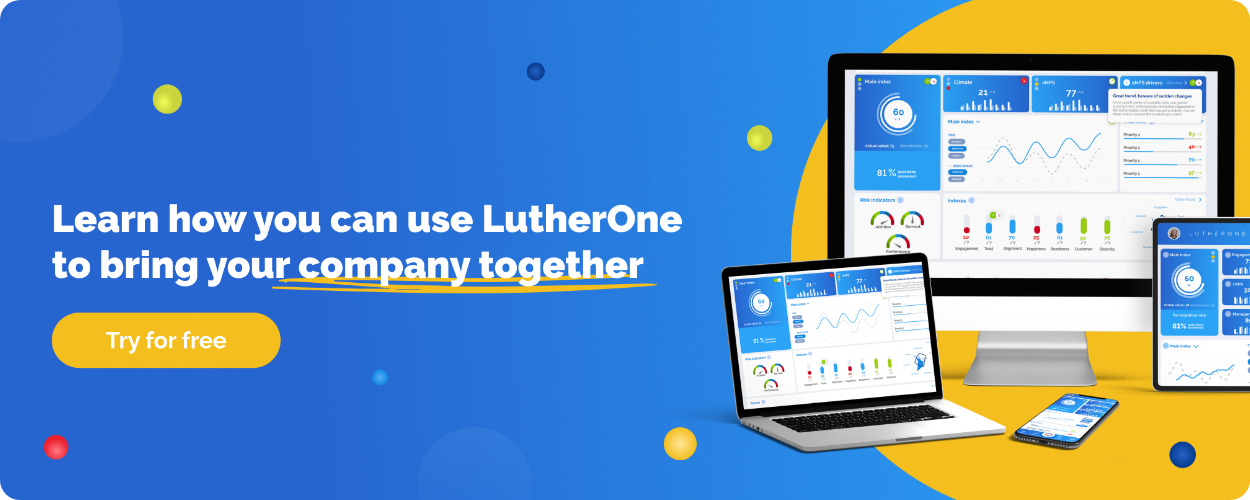PERFORMANCE & PRODUCTIVITY
Combating A Crisis Using Continuous Listening

Hardly anyone could have imagined that business and work in a post-pandemic future would entail yet another crisis. And crises, as many have learned the hard way during the novel coronavirus outbreak, tend to peel the varnish off of both our personal and professional selves. Extreme circumstances bring out our fears, insecurities, motivations, and strengths into crystal clear clarity. For organizations, such events do much the same, revealing their characters, shedding light on what leaders will protect at all cost, and what they are willing to compromise. If the company culture is not strong enough, its value system can quickly break down, making one of the most precious assets a liability.
On the bright side, bouncing back from a crisis often leads to numerous benefits, reinforcing the company's resilience, boosting employee engagement, and loyalty by promoting:
- Sense of strength,
- Empowerment,
- Risk awareness, skills & capabilities for risk management,
- Sense of community & teamwork,
- New business opportunities.
However the tactics of crisis response may be well known and not particularly difficult, it is the execution, complexity, and ability to make swift decisions under extreme pressure where efforts often fail.
As shown during the COVID pandemic, one of the best strategies to combat these shortcomings is employing a data-forward approach with a continuous feedback loop. Simply put, this means continuously gathering relevant data on the developments to promptly respond to any changes, being able to track the impacts of your actions immediately.
In the workplace, well-designed continuous listening strategies offer such much-needed insight and can serve as an enabler to stay in touch during distress when people need their voices heard more than ever.
Properly structured data-driven management tools, like LutherOne, offer a shortcut, effortlessly & continuously collecting and connecting data throughout daily user activities, translating them in real-time into actionable insights, predictions & tailored recommendations to feed decision making.
During a crisis, affected people take in information, and act on developments differently than they would under normal circumstances. Understanding how your employees respond to both internal & external developments is therefore crucial. This also allows for adjustments in actions and overall communication.
Never miss a LutherOne article or e-Book: SUBSCRIBE
Moreover, the COVID crisis has highlighted the things employees value the most. And as the talent pool seems to no longer have a border, and younger generations are entering the workforce, most businesses are being forced to rethink their long-term workplace strategies. Employing a continuous listening approach, companies can capture perceptions of things that loom large across the employee experience and utilize these irreplaceable insights when designing their winning value propositions.
With the right technology and resources, you can set an employee-driven crisis management strategy tailored to your company's needs. Find out more about Continuous Listening by LutherOne.


